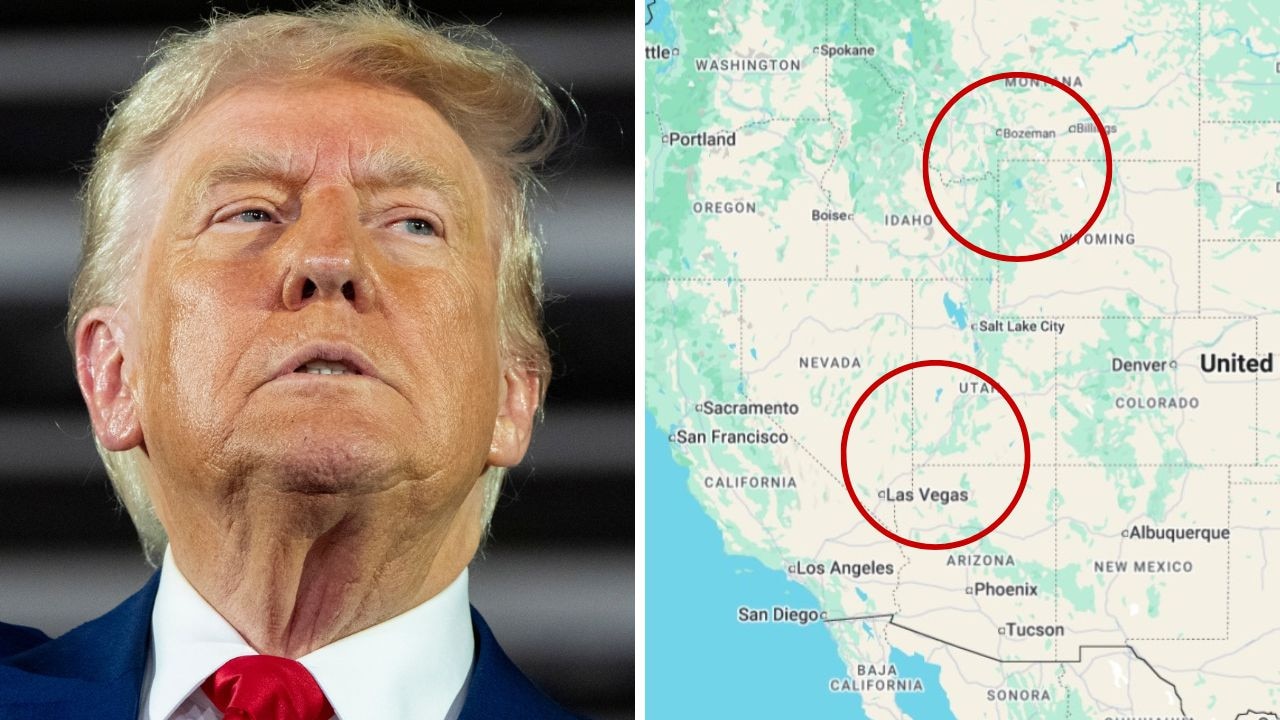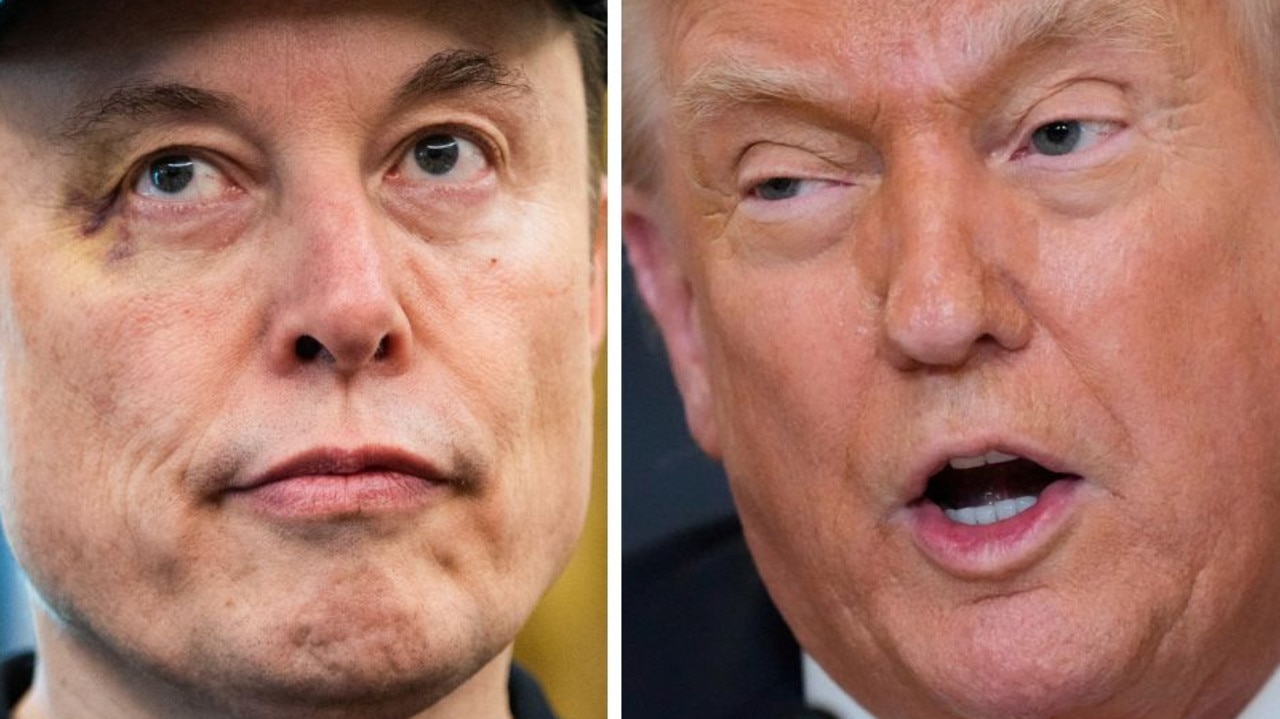Best and worst states for gun safety in America
THERE’S a huge discrepancy in firearms legislation across the United States — and some states are getting even more dangerous.
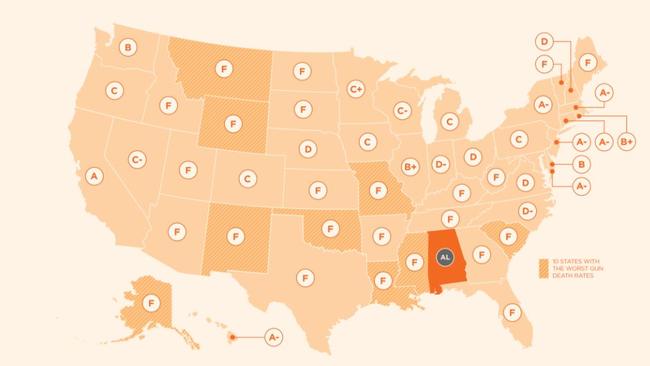
IN MAY 2014, the 22-year-old son of a Hollywood director stabbed three people to death at his home in Isla Vista, a California beach suburb, before jumping into his BMW armed with three handguns and 41 loaded magazines.
Elliot Rodger, who had complained of female rejection and posted disturbing videos about his planned “day of retribution”, then drove to a sorority and shot three young women, killing two. He then gunned down a young male student at a deli, before cruising around the area randomly firing at people, injuring 13. The horror finally ended when he shot himself in the head.
Rodger had been interviewed by police after his therapist expressed serious concerns.
California was at the time drafting new laws based on those in Connecticut and Indiana allowing family members to seek a firearms restraining order, following a 2011 shooting in Tucson. After the Isla Vista attack, legislators decided to introduce a version as soon as possible.
Today, California has the strongest gun laws in the United States and one of the lowest rates of gun deaths, according to the Giffords Law Centre to Prevent Gun Violence, which has created a comprehensive gun law state scorecard.
Connecticut is at number two, after tightening its laws following Adam Lanza’s 2012 rampage at Sandy Hook Elementary School in Newtown which left 20 young children and six adults dead.
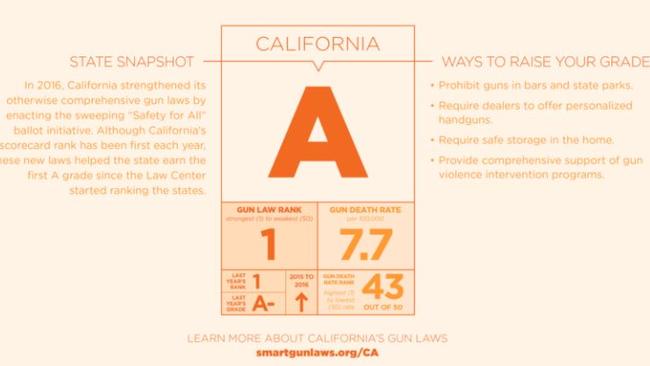
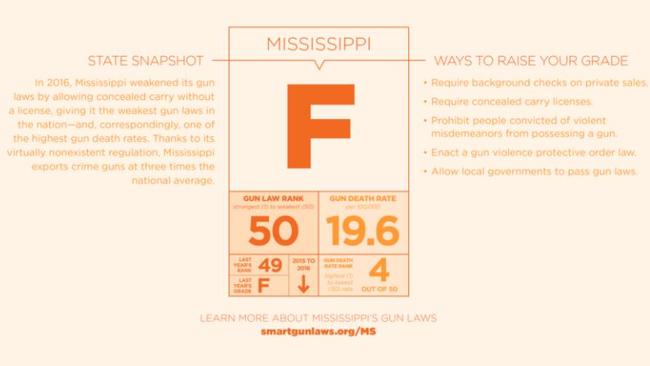
“Connecticut law enforcement has the authority to deny gun purchases by and to seize firearms from irresponsible and dangerous persons. We are safer for it,” tweeted US Criminal Justice Policy and Planning undersecretary Mike Lawlor.
The rest of the world regularly condemns the lack of federal gun legislation in the US, but some have made progress following devastating massacres. That’s led to a massive discrepancy in gun laws across the states, meaning Americans face a life-or-death zip code lottery when it comes to their likelihood of being fatally shot.
Mississippi unseated Kansas in 2016 to claim the dubious honour of the weakest laws in the country. It also has the fifth highest number of gun deaths per capita.
It does not:
• Require a background check prior to the transfer of a firearm between private parties;
• Prohibit the transfer or possession of assault weapons, 50 calibre rifles or large capacity ammunition magazines;
• Licence or significantly regulate firearms dealers;
• Limit the number of firearms that may be purchased at one time;
• Regulate unsafe handguns;
• Require the licensing of gun owners; or
• Impose registration requirements on firearms.
“Thanks to virtually non-existent regulation, Mississippi also exports crime guns (guns used in crime in other states) at three times the national rate,” said the Law Centre to Prevent Gun Violence.
The state took out the top spot after introducing a law allowing concealed carrying of a loaded gun without a licence. That same year, Idaho, Missouri and West Virginia also brought in laws allowing hidden guns to be carried without a permit.
It was the same year Chicago reported its highest number of murders in 20 years — more than 700 — and 49 people were killed during a mass shooting at Pulse Nightclub in Orlando, Florida.
Florida failed to enact any significant changes to firearms laws in 2016. Nikolas Cruz, charged with the gun massacre of 17 people at a Parkland school last week, reportedly purchased 10 rifles in the past year, a police source told CNN.
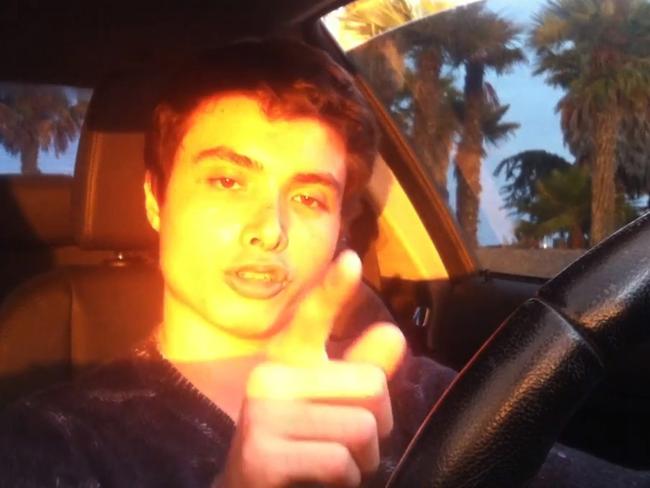
The 19-year-old’s guardians, Kimberly and James Snead, last night told Good Morning America they didn’t realise the troubled teenager had a key to the gun safe holding his firearms. The claim contradicted statements from the family lawyer, who told the Sun Sentinel last week: “The family made him keep it in a locked gun cabinet in the house but he had a key.”
Only two states — California and Washington — have enacted comprehensive laws allowing law enforcement officers and household members to petition a court to keep guns away from a dangerous or troubled person.
And hey!
— Trevor S. Valle (@tattoosandbones) February 15, 2018
Guess what?
I'm also a gun owner in one of the strictest states (California) in regards to gun laws.
And I want more...
..that is, more safety, more studies, more laws, more training, more testing, and most importantly, more restrictions on types of weapons.
@realDonaldTrump I live in Sandy Hook & understand what happens after school shootings. I’m willing to visit you at WH or in FL to explain how CT reduced gun violence consistent w/ 2nd Amendment. FYI - I’m also past pres of state bar & on ABA Standing Committee on Gun Violence.
— Monte Frank (@MonteFrankCT) February 18, 2018
California’s law is known as a “Gun Violence Restraining Order” while Washington’s, enacted after a vote in 2016, is called an “Extreme Risk Protection Order”.
Even A-graders California have yet to prohibit guns in bars and state parks, provide comprehensive support for intervention programs or require safe storage in the home.
There is still a long way to go. The United States has 10 times the number of gun deaths as Australia per 100,000 people per year. More than a million Americans have been victims of gun violence in the past decade.
As many as 25 states scored an F for their gun laws on the centre’s scorecard, while just seven states scored an A.
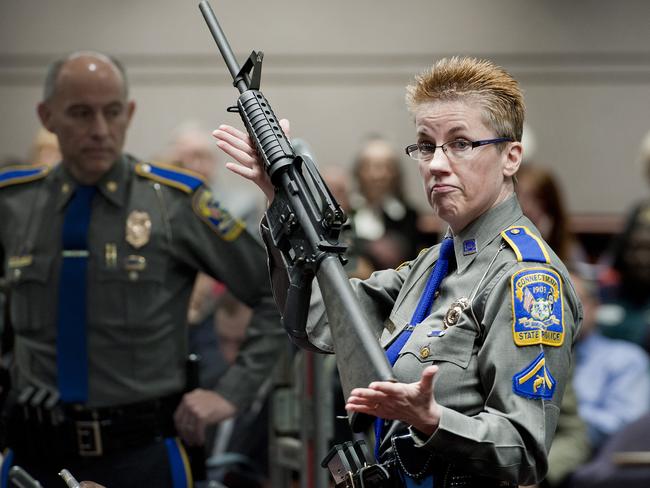
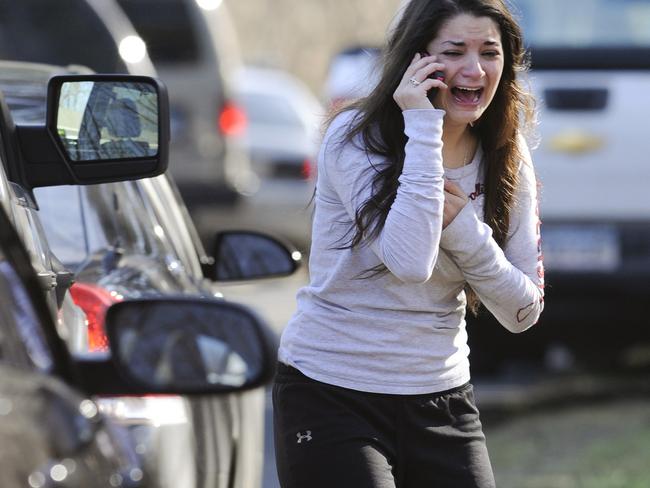
Some are going in the wrong direction. Missouri suffered the biggest drop, from 41 to 48, after enacting permitless carry and stand-your-ground self-defence laws in 2016, continuing a downward trend. The state repealed its private-sale background checks law in 2007, and has since seen a significant jump in gun deaths and injuries, with the gun homicide rate rising nearly 25 per cent.
Gun lobbyists want other states to go the same way, and are fighting to have firearms on school campuses.
In 2016, gun control advocates defeated guns on campus bills in 17 states. They also stopped an open carry bill in Florida and a bill in Arizona to allow guns in government buildings.
The White House has signalled for the first time that Donald Trump would be open to bolstering gun background checks in the wake of the Florida mass shooting.
Meanwhile, the states are going their own way — and some are going in a dangerous direction.

